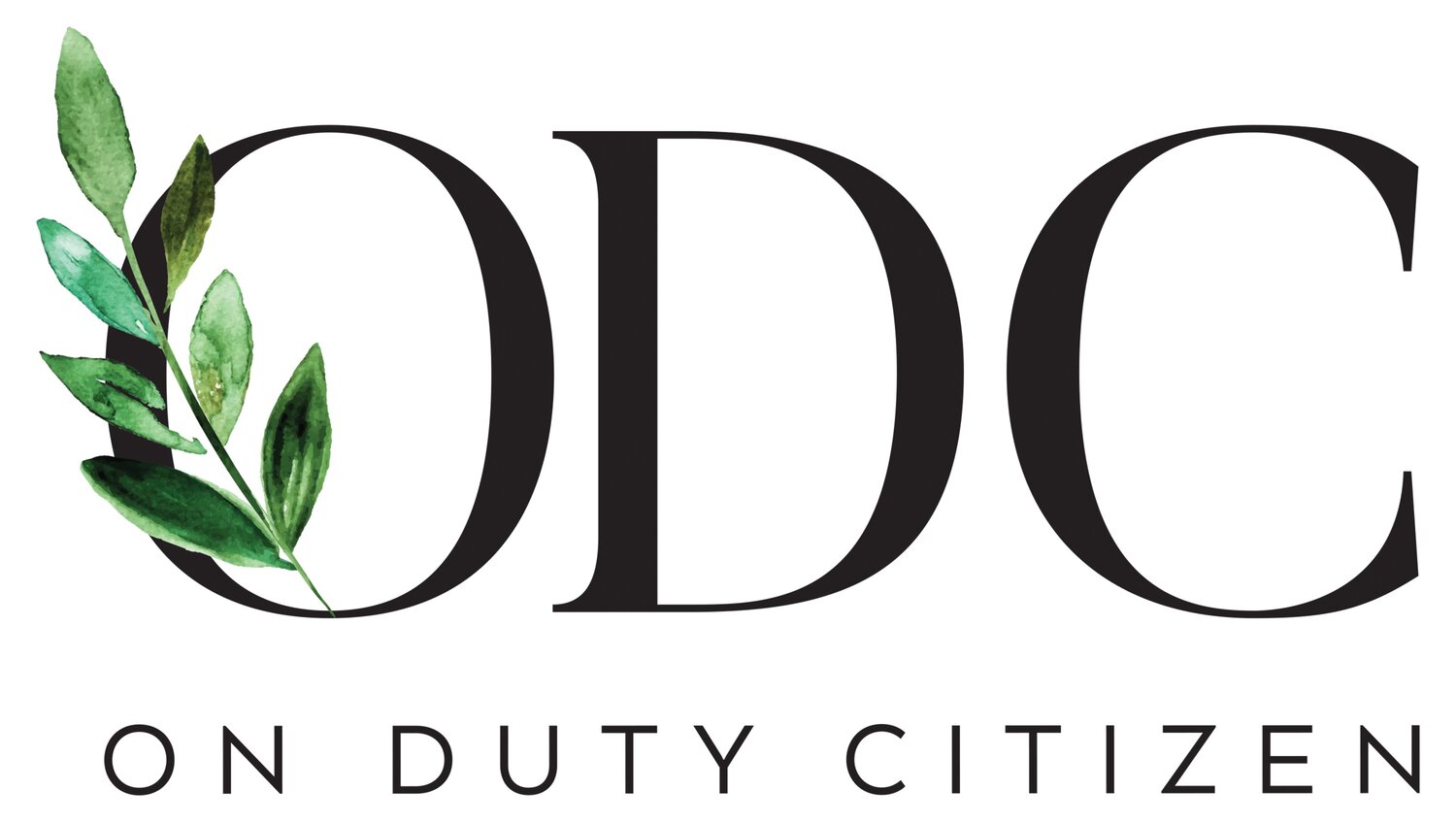When it comes to acquiring the perfectly curated conscious closet, nothing seems more imperative than a pair of black boots. From fall through spring, the black boot is a closet staple that can be dressed up for dancing with the girls (or you’re like me and ‘dressed up’ is your everyday outfits with a red lip and band tee…) or paired down for your casual walk to your local bagel store (maybe after your night of dancing).
From locally made to secondhand, thrifted, sustainable materials or women-owned companies, whatever strikes your cord, these are some of our favorite boots that will hopefully last you a lifetime. Some of these companies have a lot of room for growth in the sustainable world. When buying a new boot, we hope you take the time to research what each company offers and how they can improve. Being conscious about what you’re about to buy is a great start, but if there’s something you wish the company did, for example, they’re vegan but they don’t disclose on their site if they pay their workers adequate wages, perhaps reach out and show interest in their manufacturing processes. Sometimes they need to see interest from their customers to head in the right direction.
Please also consider how often you will wear these boots. In my personal opinion, it’s better to buy something from a company that is somewhat sustainable if you plan to wear the boot almost everyday versus buying from a really great company but only wearing the boot once or twice before discarding.
And remember, if the boot you currently own has a little wear and tear, the best sustainable option is to see your local cobbler and fix what you already have. They can work magic, believe us!
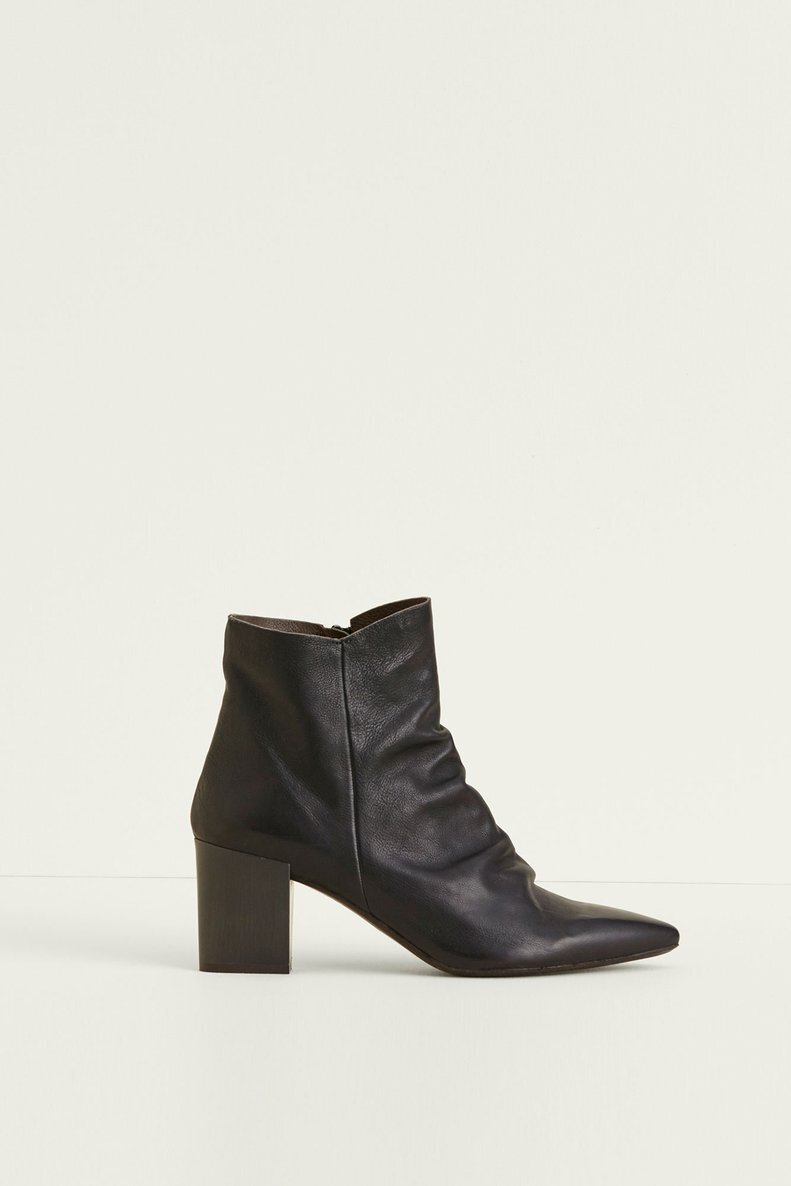
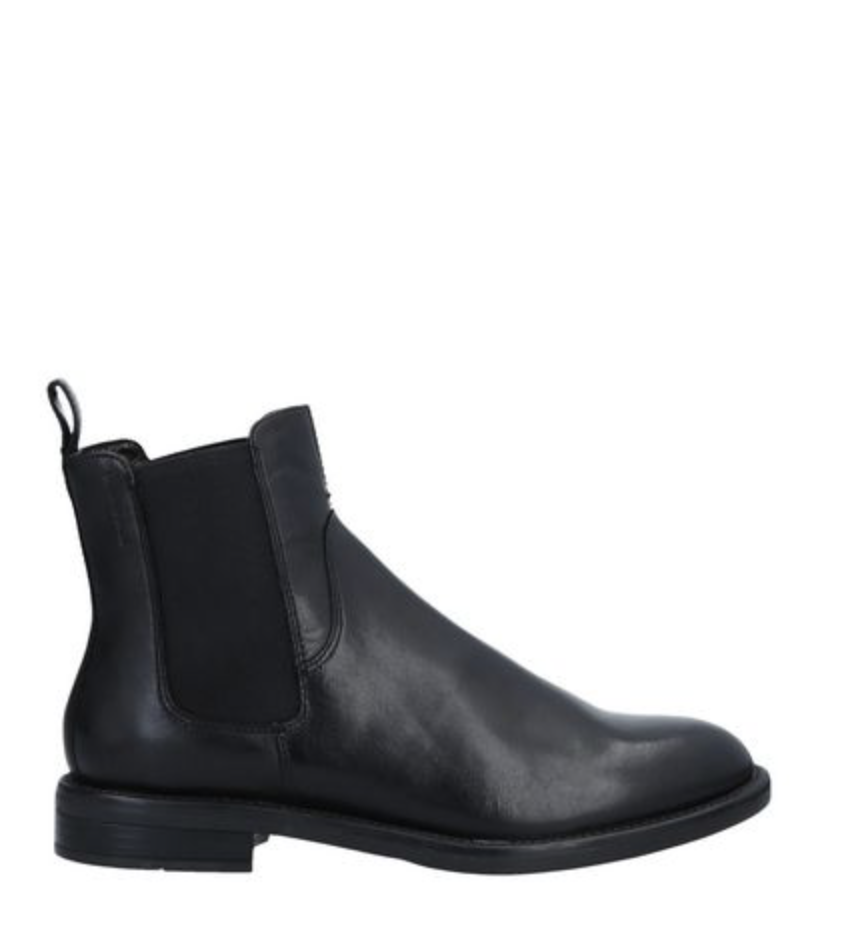


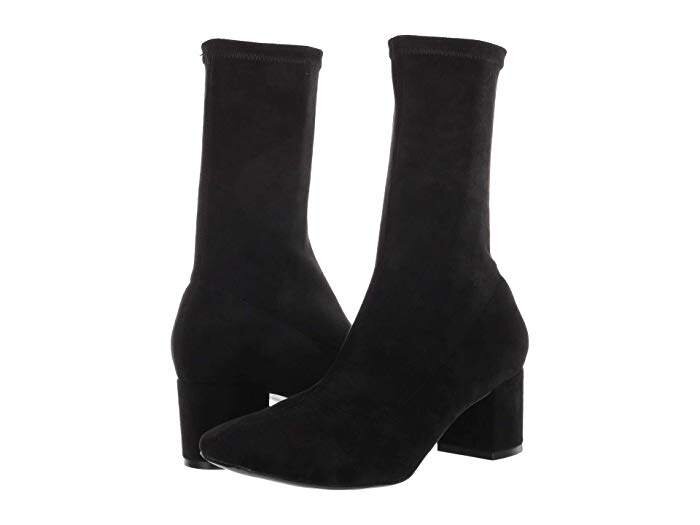
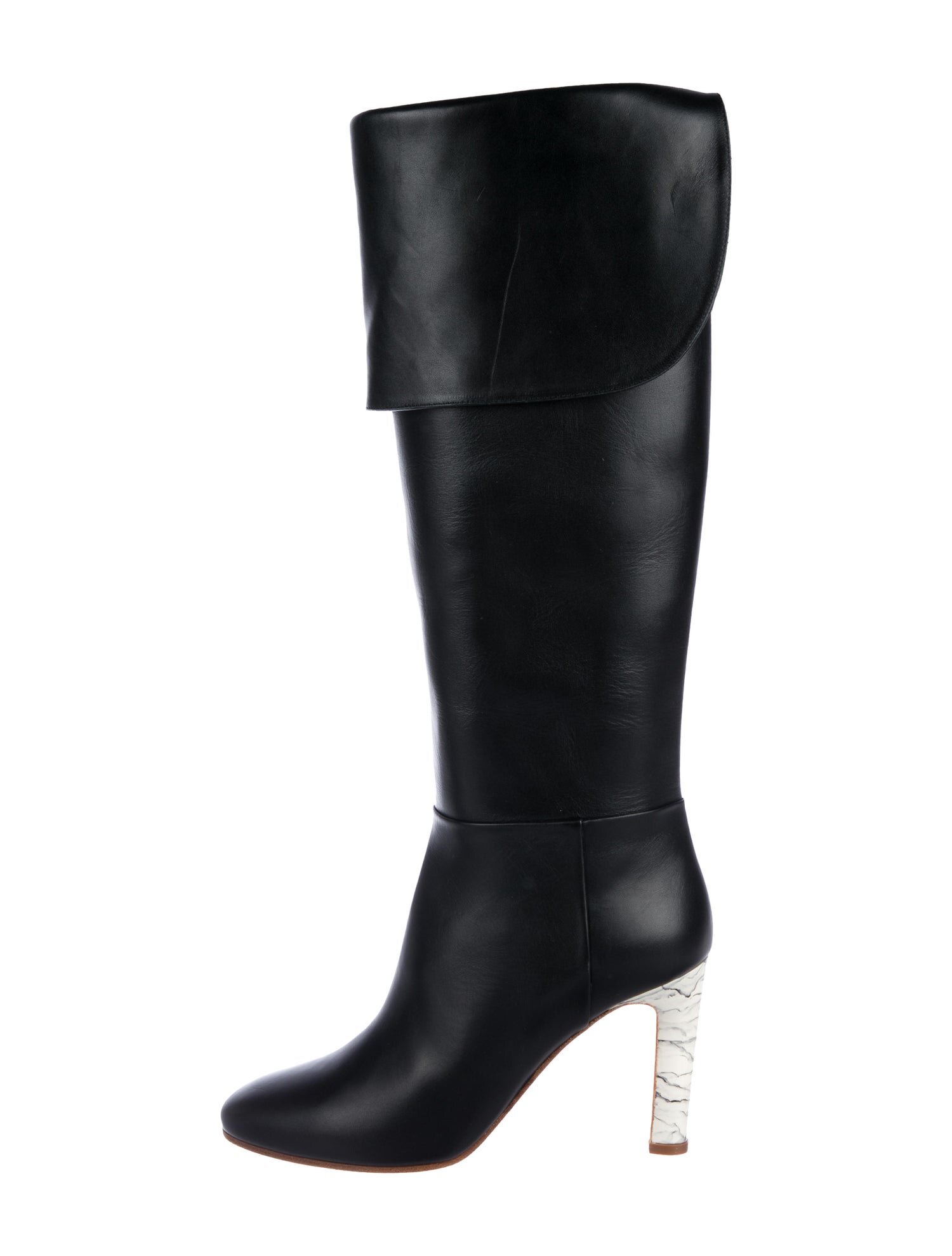
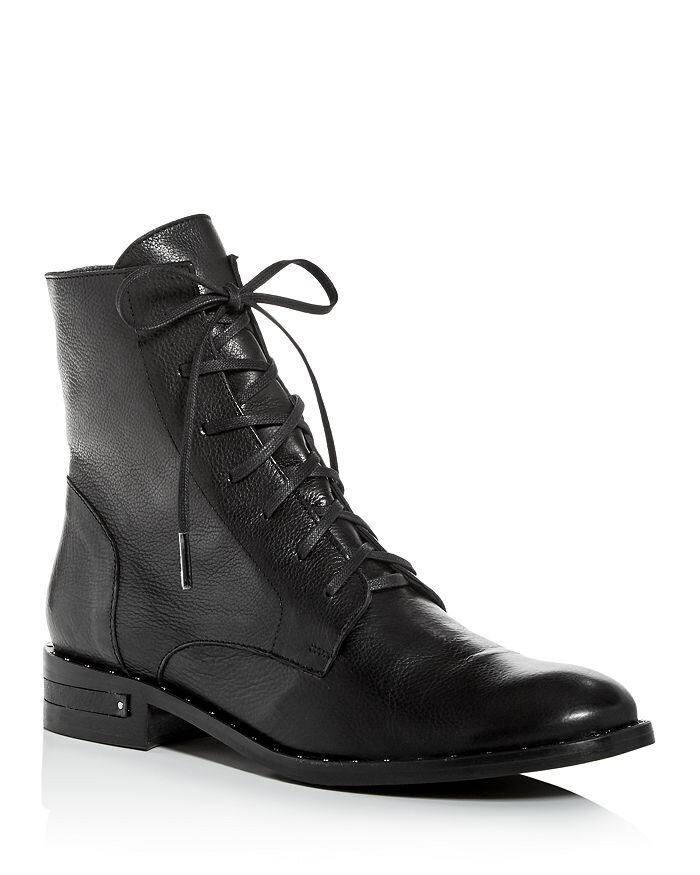



Here are some of the companies pictured above (not listed are second hand options from websites like ThredUp or TheRealReal which is best sustainable option)
Coclico:
Uses some eco-friendly/recycled materials
Makes products by hand
Traces most of supply chain
Uses some animal products
Vagabond:
Uses some eco-friendly/recycled materials
Sources final stage of production from countries at extreme risk of labour use
Audits some of supply chain
Uses leather/wool but no other animal products
Ayede:
Produced in family-owned factories in Italy
Neglects trends, will never go out of style
No information on use of sustainable materials or factory practices
Transparent approach to the value and pricing of product
Gabriela Hearst:
Uses some eco-friendly materials like deadstock fabrics
Renewable energy in supply chain
No evidence of code of conduct for manufacturing
Freda Salvador:
Cut, sewn and lasted at a tiny family run factory in Spain
Designed by female co-founders
Uses leather and animal products
Everlane:
Uses some eco-friendly materials like recycled fabrics
Renewable energy in supply chain
Sources final stage of production from countries at extreme risk of labour use
Publicly lists all suppliers from final stage of production
Uses some animal products
Timberland
Goal to have 100% of footwear made with recycled, organic or renewable materials: 2018 result 69%
Plans to plant 50 million trees within next five years
Timberland Environmental Product Standards (TEPS) across all product categories
